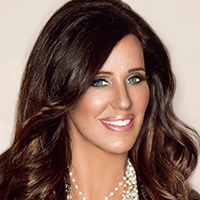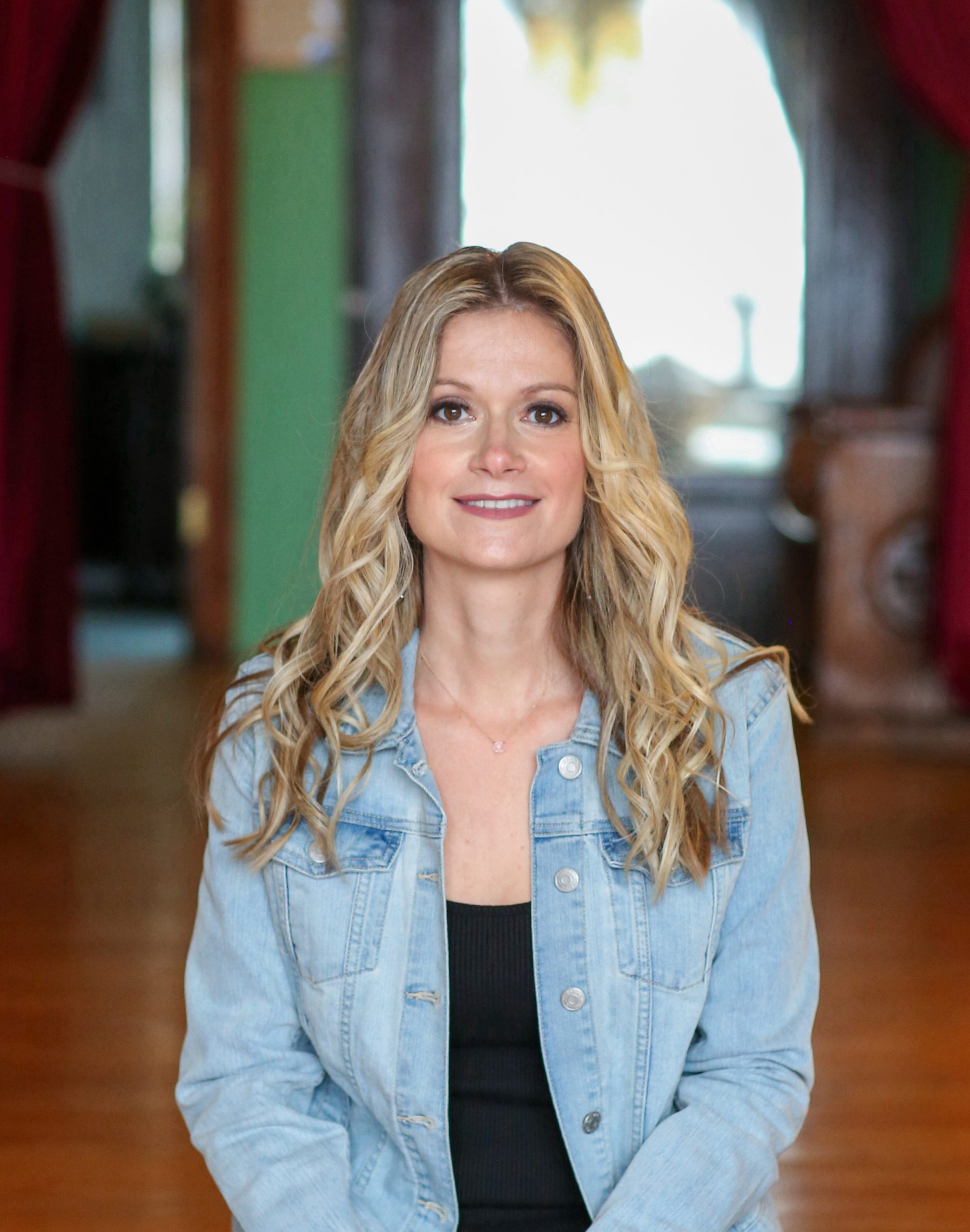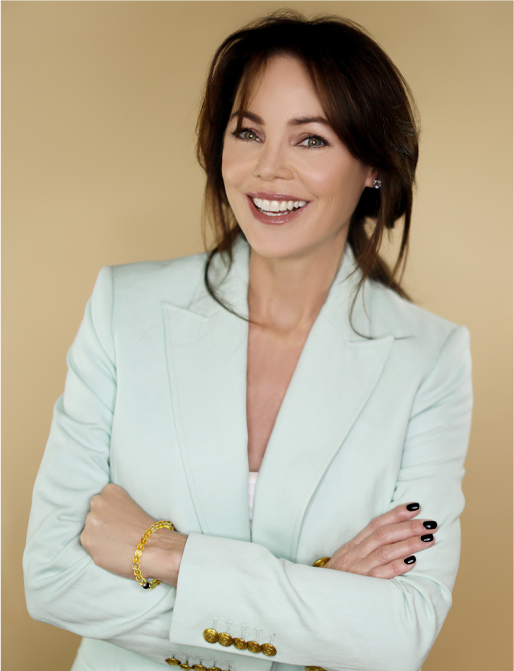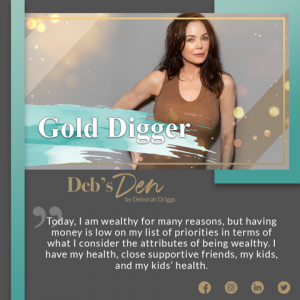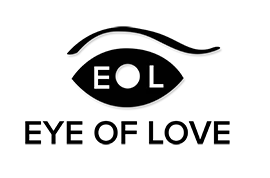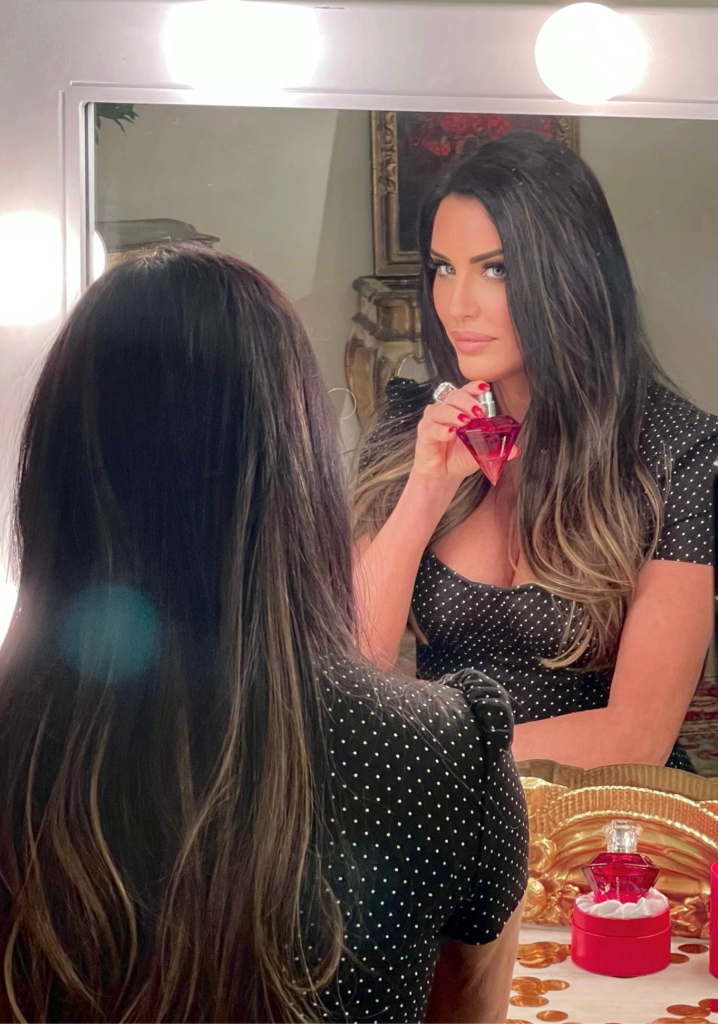First dates: they’re something most of us dread, but all of us experience at one point or another in our lives. Even if you are excited about going out with the person for the first time, the very act of sitting down with them and getting to know each other can oftentimes feel overwhelming. As a result, our nerves can sometimes get the best of us, causing the date to be more awkward than intended and/or hinder our ability to make a good first impression.
If anxiety is something you struggle with, particularly in situations like this, fear not. There are a couple of things you can do to relieve yourself of this burden and go into your date feeling confident. Starting with the ways in which you prepare for your romantic outing.
Whether you’re trying to relax before your date or are simply looking to revamp your current pre-date beauty regimen, you’ve come to the right place. Follow these three ways to freshen up your first date beauty preparation!
Self-Care for Your Complexion
Clean, cared for skin speaks volumes to the people around you. It demonstrates that you take good care of your body and are naturally beautiful with or without makeup. That’s why it’s critical to tend to the needs of your skin prior to your first date. Doing so will not only help set the stage for the success of your date as well as the rest of your beauty regimen, but also help calm your nerves throughout the process of preparation.
The good news is that an effective, pre-date skin care routine doesn’t need to cost you an arm and a leg. A gentle cleanser and moisturizer are almost always enough to get you that smooth, healthy-looking complexion. However, if you have any unique concerns such as acne-prone or oily skin, you’ll want to consider investing in at least one or more treatment products as these will allow you to target the condition you’re dealing with more adequately.
Those of you with acne-prone or oily skin types, for instance, may find it beneficial to incorporate acne treatment products containing dermatologist-trusted ingredients. Having these on hand before your first date will allow you to properly treat your skin in a way that serves to support a long-standing natural glow.
Follow the 3 C’s When Choosing Your Outfit
No matter how you plan to spend your first date, stick to the three C’s when choosing what outfit to wear. The three C’s stand for: comfortable, cute, and complimentary, and are key in selecting the apparel most appropriate for your first date. Contrary to popular belief, you don’t have to dress to the nines to make a good impression with your date. Confidence is all about feeling secure with who you are from the inside out, which is why comfortable clothing is a must.
Of course, sweatpants and baggy sweatshirts aren’t exactly fit for first date attire, but other clothing items such as a perfectly-fit pair of jeans or a snazzy sweater are great options to resort to in an effort to stay comfortable and cute while you’re out for date night.
As for the third C, complimentary, remember to select clothes that are figure-flattering to your body shape. Having an outfit that makes you feel comfortable and cute is one thing, but having them compliment your best or favorite features of your body is another. The combination of the three makes it easy to look and feel flirty and fun come time for your first date.
Style & Sleek Your Hair
A ferocious, disheveled-looking ‘do isn’t ideal for your first date. Although there’s nothing wrong with sporting your voluminous, luscious locks, it’s important to not hide behind them or let them take away from the rest of your first date look. Your hair—while beautiful—should not be the first thing your romantic prospect notices on your first date. Your face should be! That said, try to style your hair in a way that compliments the rest of your features, and allows your gorgeous complexion to shine through.
As part of your first date beauty preparation, be sure to dedicate some time to taming your hair. Depending on what exact style you’re going for, how you go about this may vary. Some of you may need to prep your hair with a good wash first to get rid of any built-up dirt or oil that has accumulated. On the other hand, some of you may only have day-old hair that can actually be useful for styling, as a little built-up oil can go a long way in keeping your hairstyle in check for the entirety of your date. Assess the state of your hair before selecting which approach you’d like to use when completing this step.
Regardless if a hair wash is or is not in your first date beauty preparation plans, it’s probably in your best interest to use a few hair care products before you head out. This doesn’t have to be anything crazy, either. Using some hair gel or hair spray to sleek any fly aways down and smooth out any bumps should suffice. But if not, try to resort to bobby pins, rubber bands, or hair clips to further enhance your look.
That initial meetup with that special someone can certainly be scary, but it doesn’t have to be. Using these three ways to freshen up your first date beauty preparation will make you feel ready for your date in no time! Even though it can be difficult, try to relax as best you can and focus on controlling what you can in this situation, AKA preparing for a date. The rest will unfold the way it’s meant to. Trust the process and believe in yourself, you got this!
